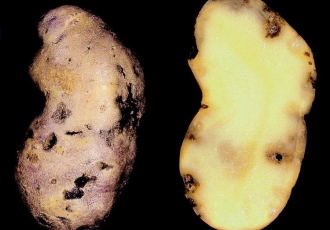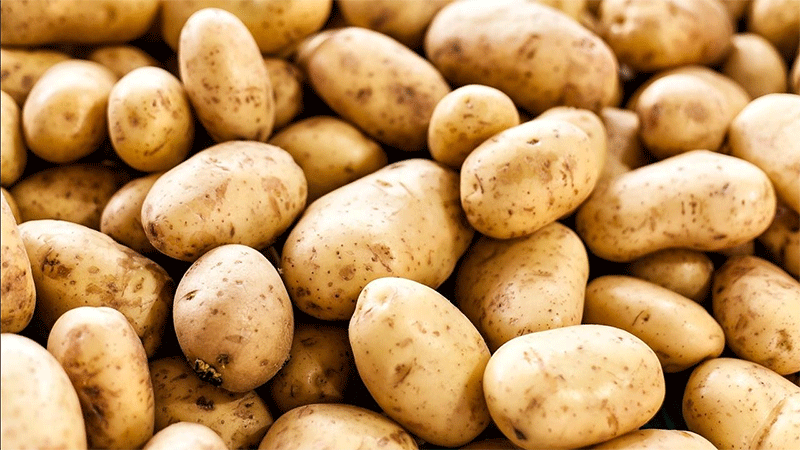The Office of the Rosselkhoznadzor for the city of Moscow, the Moscow and Tula regions monitored the quarantine phytosanitary condition of land plots of private farms in the Belevsky district of the Tula region on a total area of 86.1 hectares, where a quarantine phytosanitary zone was previously established and a quarantine phytosanitary regime for a quarantine pathogen was introduced plants – Golden potato nematode Globodera rostochiensis (Wollenweber) Behrens.
According to the program developed by the Department of Rosselkhoznadzor for the localization and elimination of foci of the Golden potato nematode Globodera rostochiensis (Wollenweber) Behrens, nematode-resistant varieties of potatoes were grown on the territory of private household plots, crop rotation and sowing of crops not affected by the nematode were used. The measures made it possible to clear the contaminated soil from the quarantine object.
During the monitoring, soil samples were taken for quarantine phytosanitary examination. According to the conclusion on the quarantine status issued by the Federal State Budgetary Institution “VNIIZHZ”, on a part of the land plots, the Golden potato nematode Globodera rostochiensis (Wollenweber) Behrens was not detected.
In February 2023, due to the absence of a quarantine object, the Rosselkhoznadzor Administration issued an order to reduce the area of the quarantine phytosanitary zone by 60.1 hectares.





